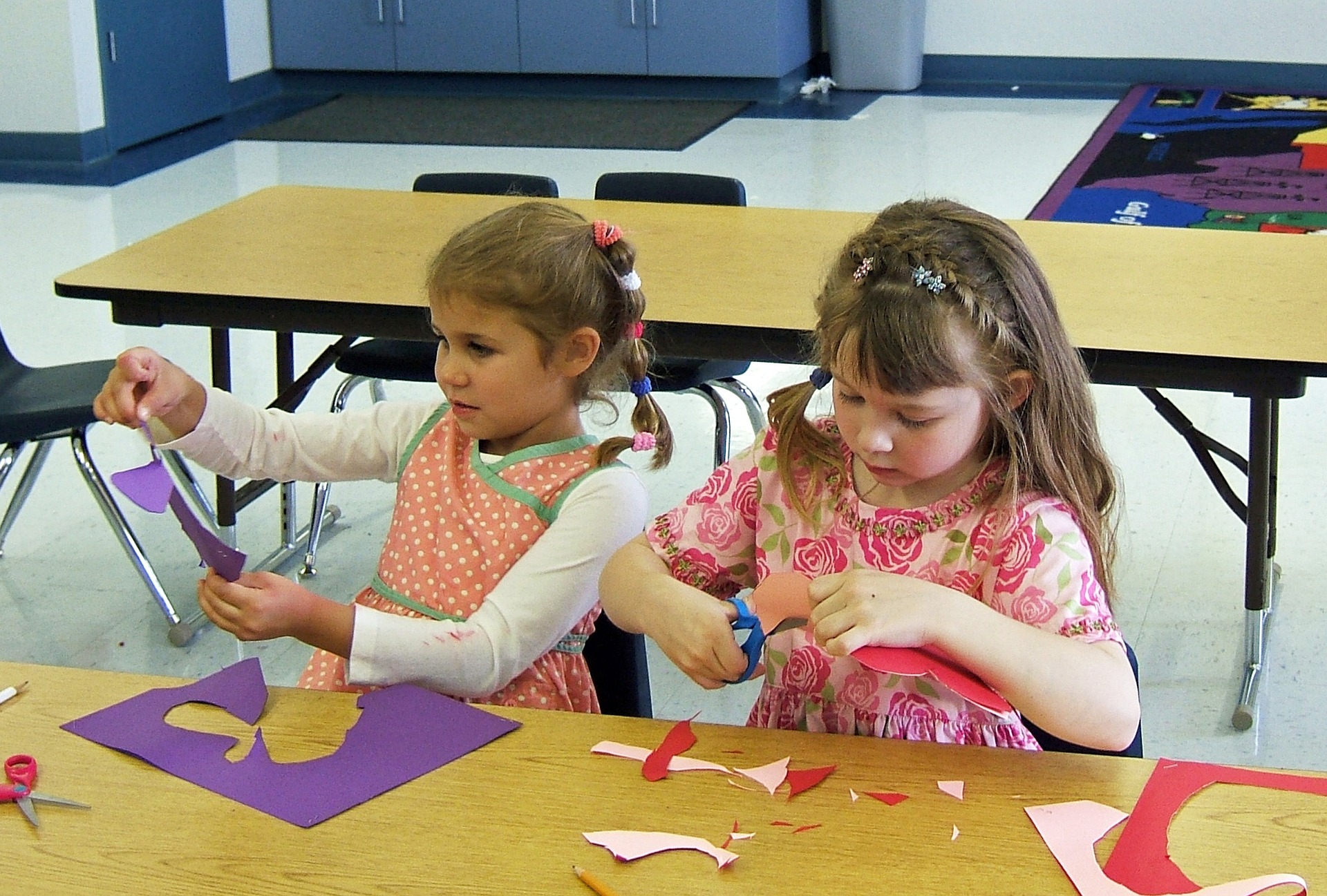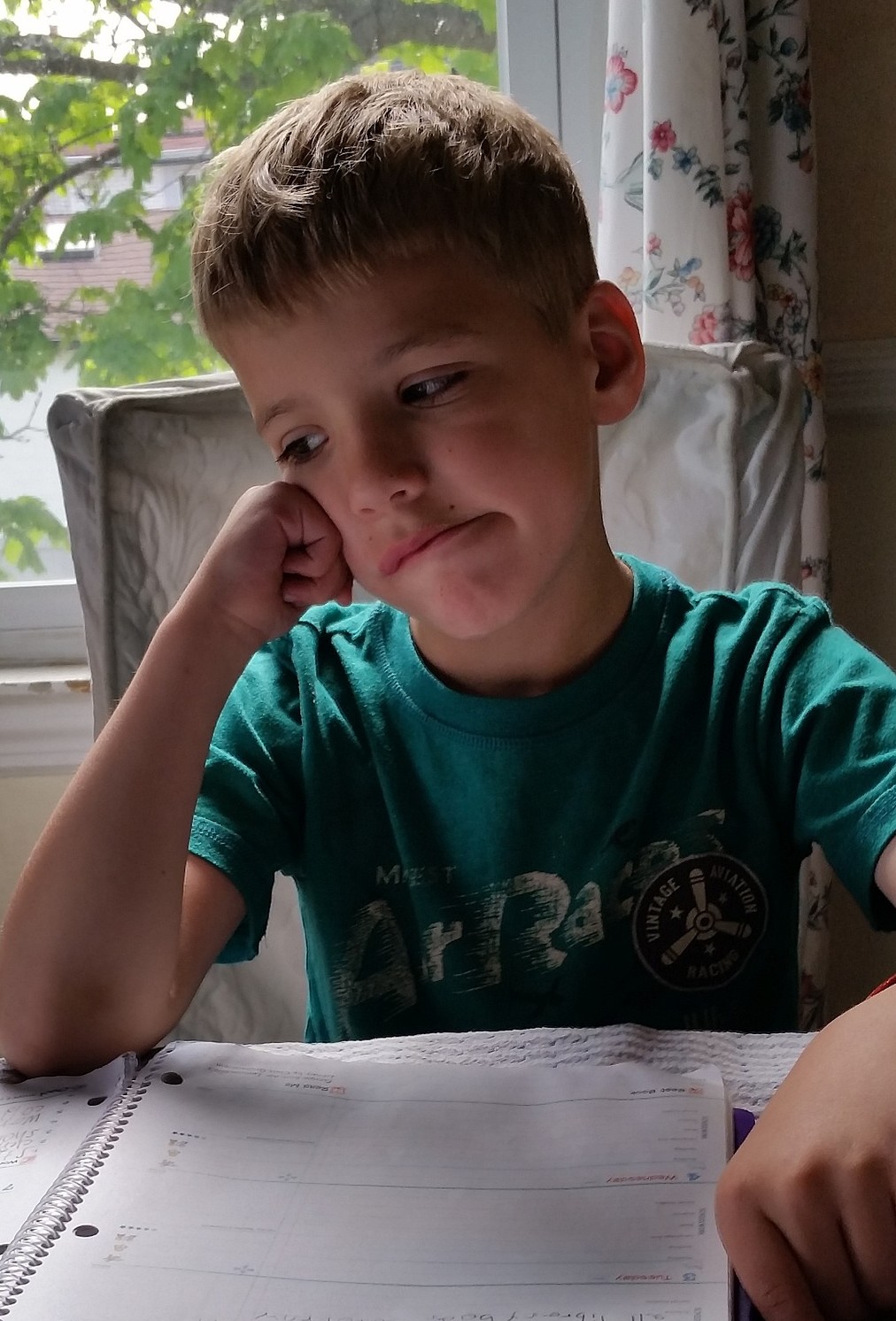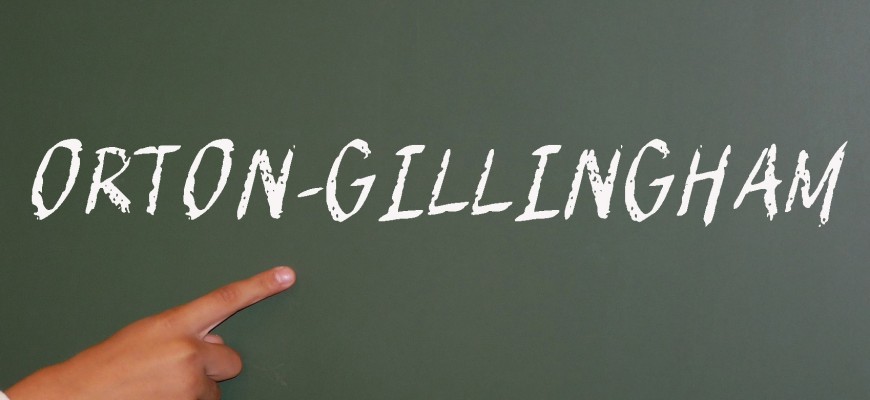Last week I did an Orton-Gillingham Foundation course with the amazing Canadian, Corey Zylstra as our facilitator.
Here is 7 things I learnt about Orton-Gillingham under her amazing tutorage.
- Orthography is the written system of spelling patterns and correspondences between speech and print.
Note: Not be confused with Ornithology which is bird watching. - Rime and Rhyme are different. ‘Rime’ is the vowel and all that follows it in a monosyllabic word (a word with one syllable) e.g. bag, swish. ‘Rhyme’ is all about words that rhyme like; hop, pop and stop.
- Orton and Gillingham were the ultimate advocates for educational support, setting up displays in community halls and public places where people who were struggling with literacy could come and learn about learning difficulties and phonology.
- RTI, also known as Response To Intervention is standard practice across the United States, most of Scotland and England. RTI refers to the process whereby local education agencies (aka. schools) document a child’s response to scientific, research based intervention using a tiered approach. RTI provides early intervention for students experiencing difficulty learning to read. RTI was authorised for use in the United States as part of the Individuals with Disabilities Education Act (IDEA). C’mon Australia – it’s time we caught up.
- If your child can’t say “hairbrush” without the /hair/, “keyboard” without the /key/, “meat” without the /m/, “cat” without the /c/ and “flap” without the /f/ – you may want to consider looking at a program for them that is based in Orton-Gillingham.
- The word ‘diphthong’ is rarely said correctly. The correct pronunciation is – dip-ff-thong. It means two vowels sounds that glide from one sound to another. Google it to find some examples.
- When you do an Orton-Gillingham course, which of course you should, especially if you are a dedicated teacher, tutor or learning support specialist, make sure it is an accredited course. Corey’s course is accredited by the Orton-Gillingham Academy of USA, the Canadian Orton-Gillingham Academy, The international Dyslexia Association, ALTA and IMSLIC. If you would like to go on the waiting list to do Corey’s next course in Australia, you can register your interest at this website http://www.learningdifferenceconvention.com/ogmsl-training/ and if you would like to do one of Corey’s courses and you live somewhere else in the world you can contact Corey at http://reachlearningcentre.com


Corey is in demand worldwide due to her levels of expertise and her fun and fabulous presentation style.
Note: she will only be running one more series of Foundation Courses in Australia before she ramps it up and starts offering more advanced courses and yes teachers these courses are accredited and will look good on your CV and do wonders for your ability to support your students.



















Orton Gillingham is not new in Australia.
The Australian Dyslexia Association provides Orton-Gillingham training through their Institute for Multisensory Structured Language Education. It is a postgraduate course where parents and teachers aides may also apply. It is not a foundation short course but a professional course that prepares you to be an effective educator/therapist. It covers “what to teach” and “how to teach” based on reading research and neuroscience.
I completed the course to assist my son. I would highly recommend the course to early years teachers who are committed to best practice in reading instruction and all teachers who strive for every child to read and succeed (and spell).
Thanks for sharing. Although I am trained in Orton Gillingham at their Reading Centre in Rochester. It is always nice to read and hone your skills.